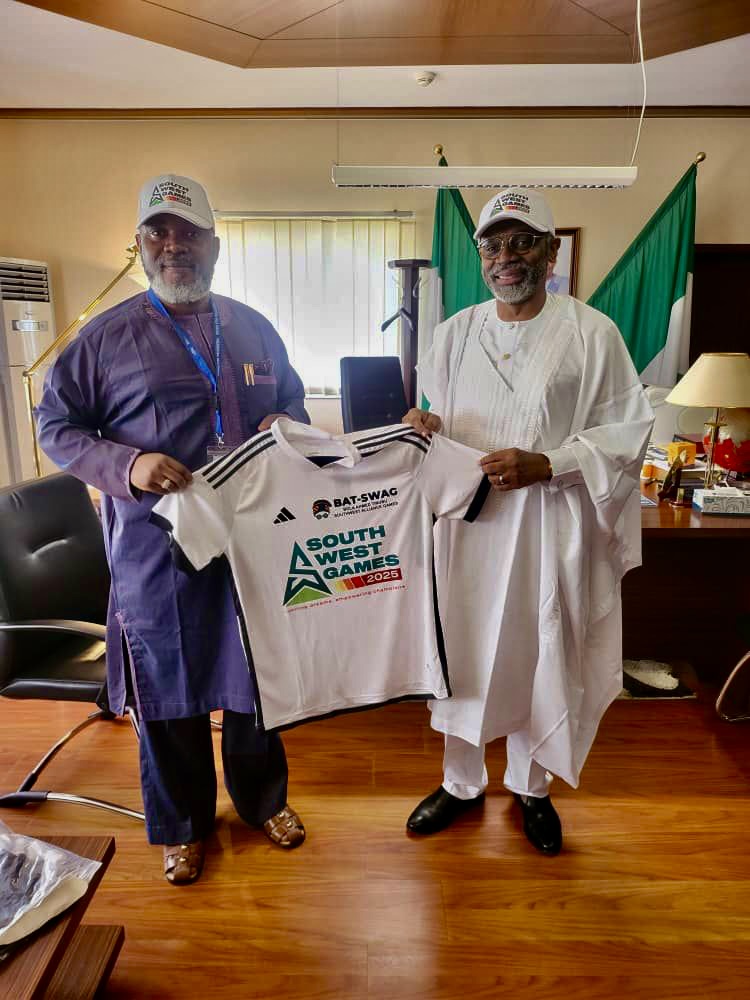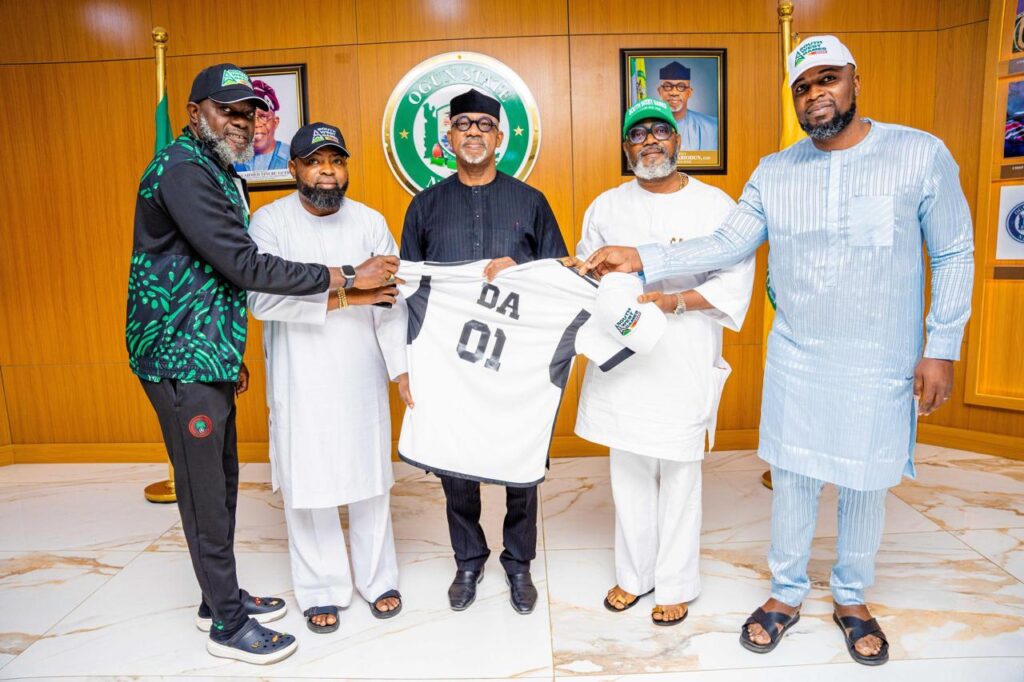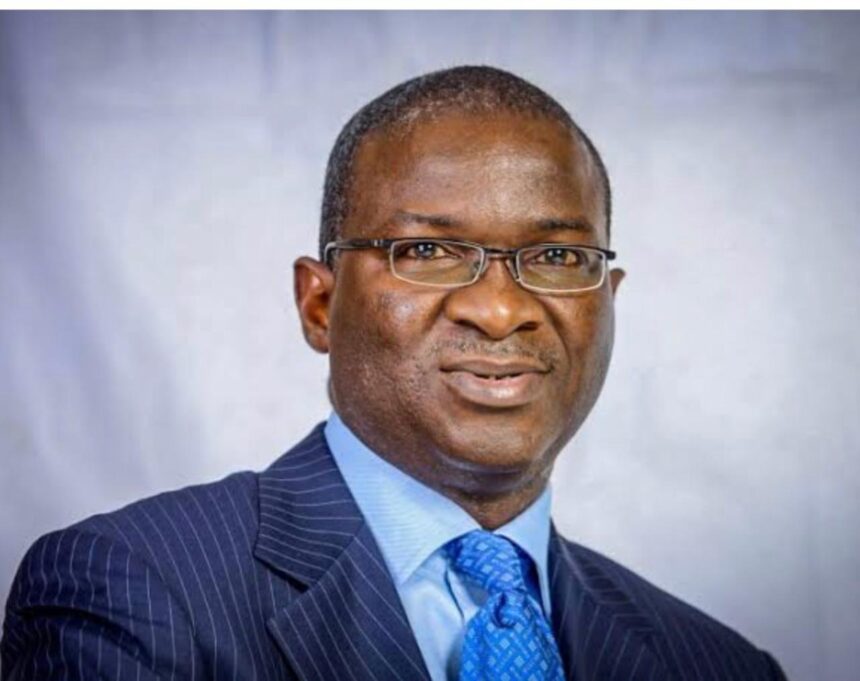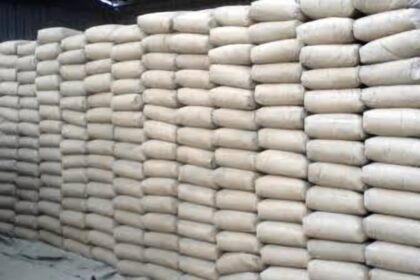*Ex-Lagos Governor urges institutionalisation of regional tournament as talent pipeline
Former Lagos State Governor and ex-Minister of Power, Works, and Housing, Babatunde Raji Fashola, SAN, has commended the organisers of the South West Games 2025, describing the maiden edition of the regional tournament as a resounding success and an initiative with national potential.
In a goodwill message directed to the President, South West Games 2025, Akogun Lanre Alfred, Fashola praised the planning and execution of the Games, noting that the success of the event demonstrated the possibility of harnessing regional collaboration to drive grassroots sports development.
“I just want to send words of commendation to Lanre Alfred. This is by way of feedback,” said Fashola. “I followed the Southwest Games, and I liked how it turned out. It was a success.”
However, Fashola—widely regarded as one of Nigeria’s most visionary and pragmatic public administrators—did not merely stop at offering praise. He issued a call to action, urging the organisers to scale the initiative beyond the South West and institutionalise it as a national model for sports development and talent discovery.
“But what next? I can see that some other regions are also planning something similar,” he said. “So, he needs to take it further and engage with other zones, first by creating a sport calendar and, secondly, making the idea a recruitment ground for talents. He has something huge in his hands, but he must develop and sustain it. Congratulations to him.”
Fashola’s commendation carries significant weight, not only because of his towering profile in Nigeria’s political and intellectual landscape, but also due to his longstanding track record of championing youth development, infrastructural transformation, and institutional excellence.
Observers say his endorsement represents more than kind words—it is an affirmation that the South West Games 2025 is not just a regional spectacle, but a potentially national intervention in Nigeria’s sporting and socio-economic architecture.
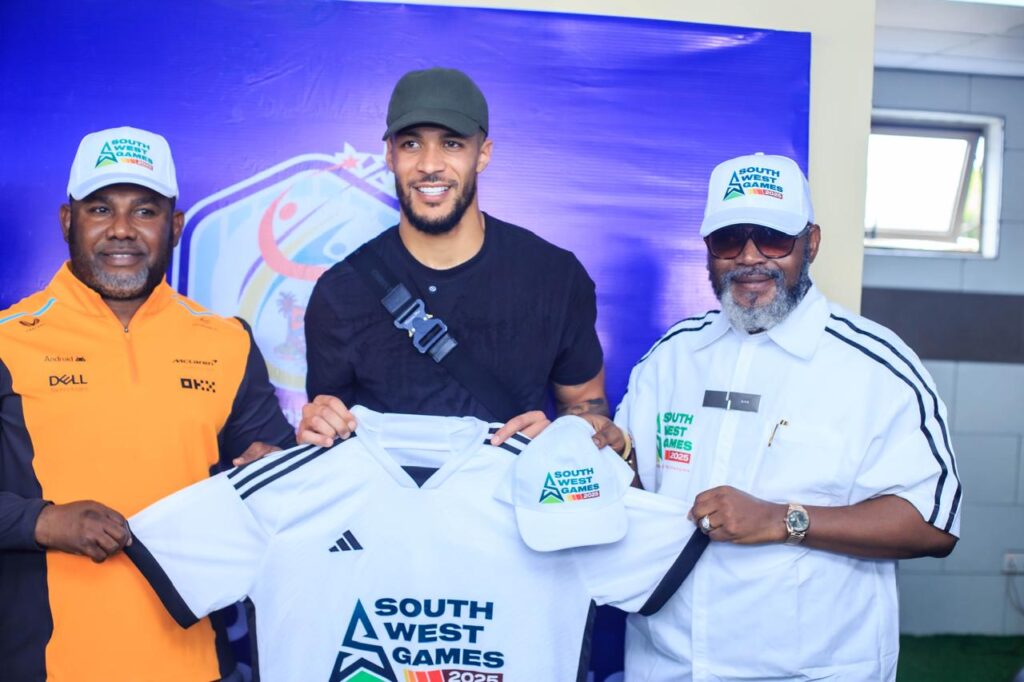
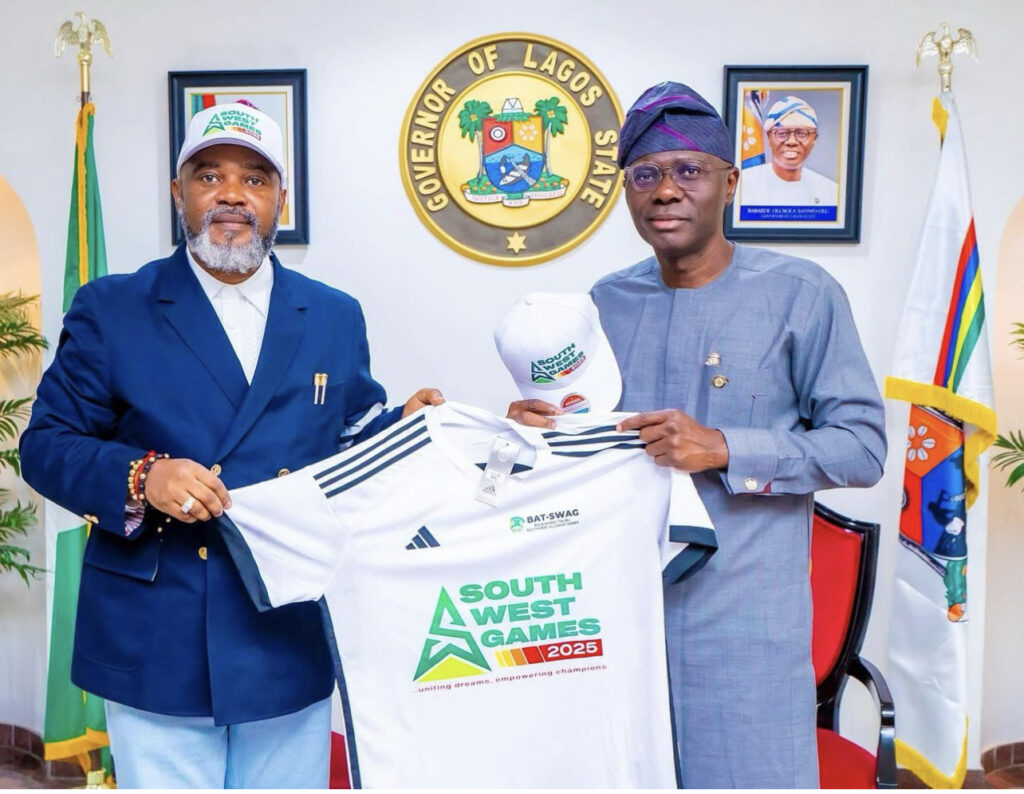 According to sports analysts, Fashola’s charge to institutionalise the Games as a national calendar event and a talent recruitment ground aligns with Nigeria’s long-standing need for structured grassroots sports development—one that goes beyond flashy tournaments to build sustainable pathways for young athletes to thrive.
According to sports analysts, Fashola’s charge to institutionalise the Games as a national calendar event and a talent recruitment ground aligns with Nigeria’s long-standing need for structured grassroots sports development—one that goes beyond flashy tournaments to build sustainable pathways for young athletes to thrive.
Responding to the goodwill message, Lanre Alfred, President of the South West Games 2025, expressed profound gratitude to Mr. Fashola, calling his commendation “a morale booster of immeasurable value.”
“To receive such kind and thoughtful words from His Excellency, Mr. Babatunde Raji Fashola—one of the most respected public figures in Nigeria—is both humbling and energising,” Alfred said. “His feedback is not just a nod of approval; it is a strategic blueprint for growth. The South West Games has ignited a spark, and with this endorsement, we are emboldened to fan that spark into a national flame.”
He further revealed that the Organising Committee has already begun consultations with sports federations and stakeholders in other regions to replicate the Games’ model on a national scale.
“We are already designing a sports calendar that includes inter-regional competitions and talent discovery camps. The goal is to turn this platform into a robust pipeline for nurturing Nigeria’s next generation of sports stars—especially those often overlooked in remote communities,” Alfred said.
The South West Games 2025, held earlier this year, is the first multi-sport regional event of its kind in Nigeria. It brought together athletes from across the South West’s six states, featured diverse sporting categories, and witnessed massive support from the sports, political, and corporate sectors.
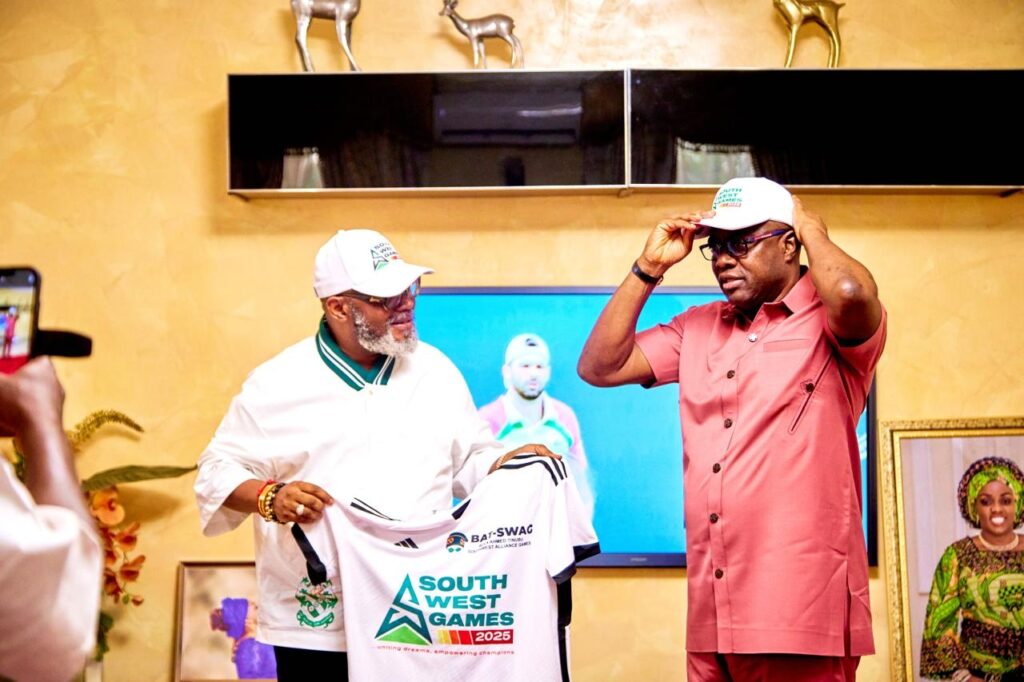
The Games have been praised not just for their entertainment value, but also for their emphasis on community engagement, youth development, and regional unity.
With Fashola’s endorsement and growing interest from other geopolitical zones, the South West Games is now being positioned as a national template for institutional sports development, capable of reviving local economies, inspiring patriotism, and building a stronger future for Nigerian youth through sport.
As Alfred concluded, “We’re not just organising games—we are building a movement. And with leaders like BRF standing behind us, we know the future is promising.”
